The pesky pandemic wall
To modern workers everywhere,
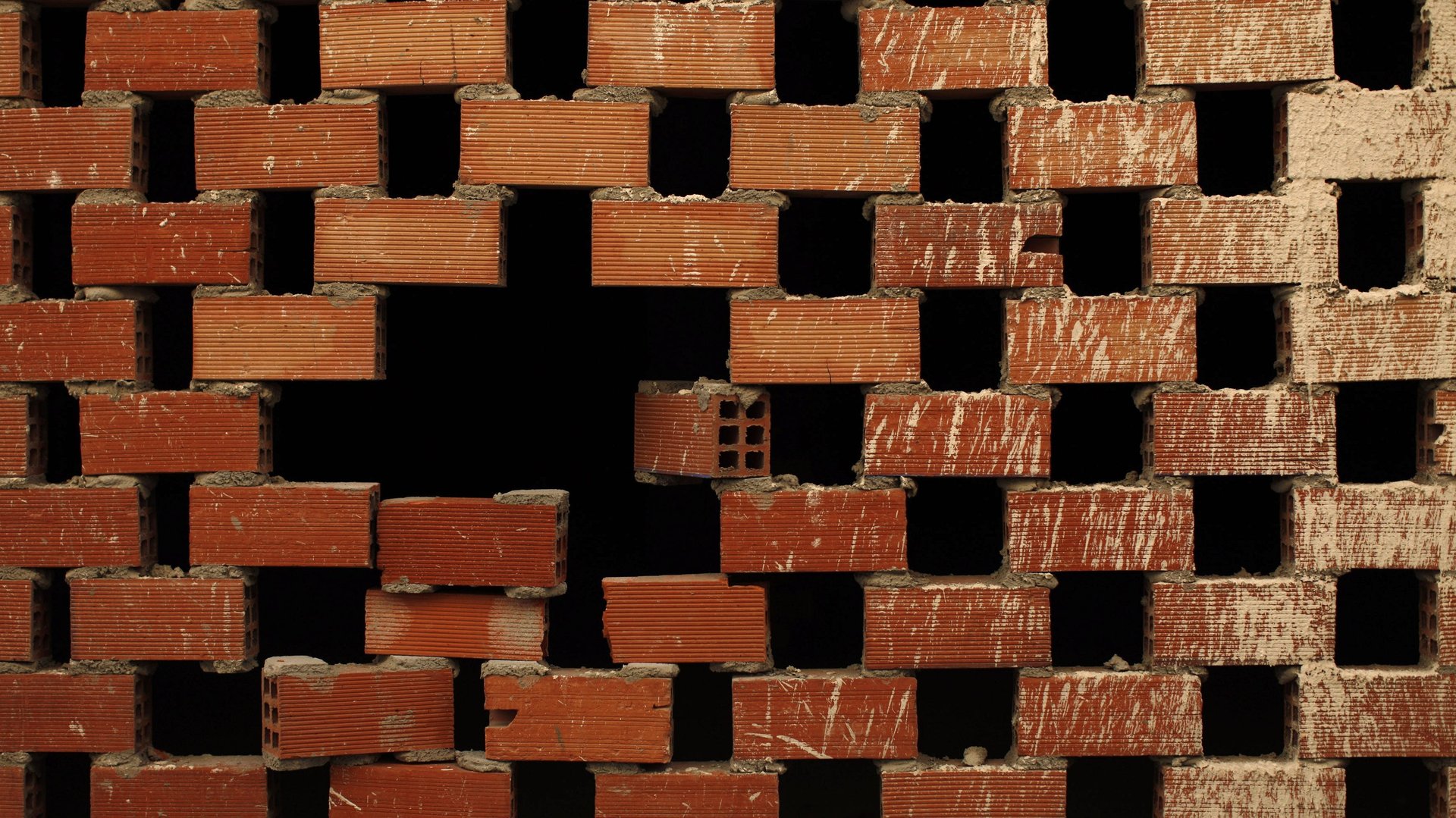

To modern workers everywhere,
“It can go a long way to just acknowledge that not everyone’s always OK, and that’s OK.”
This week, a company-wide email from Quartz CEO Zach Seward made me feel seen. Like him, I’ve hit the so-called “pandemic wall,” a malaise characterized by a slump in productivity, a foggy mind, and in my case, a stubborn case of hives that various doctors I’ve consulted attribute to stress. I’ve tried everything to jackhammer my way through it—extreme workouts in the cold, meditation, caffeinated cereal, not to mention a lot of oatmeal baths. Without children to care for or a long commute, I felt that I had no excuse not to do my job quicker, faster, better, even when it was clear that I couldn’t.
We’ve hit this impasse before, and it’s extra frustrating not to know by now how to navigate around it. But Zach’s staff memo encapsulated my daily whirligig of woes, and even just that made me feel better. “A lot of us are starting to feel more intensely the effects of isolation, monotony, anxiety, and other emotions of the pandemic, as we hit its one-year anniversary,” he wrote. “The pandemic wall is real.”
More than mere consolation, his message contained ideas for action—from planning a vacation or taking advantage of free mental health counseling, to making or accepting a simple offer to chat. “Seemingly trivial gestures like small talk at the beginning of meetings can go a long way on a blah day,” he reminded us. “Engaging publicly in Slack invites others to do the same.”
With the vaccine rollout underway and theaters, stadiums, and restaurants reopening, there are hopeful signals that this pandemic wall is cracking. Until then, we are not alone.—Anne Quito
Five things we learned this week
Costco raised its hourly minimum wage to $16. Progressives are hoping this will help raise the US federal minimum which has been at $7.25 since 2009. US lawmakers however, remain divided.
Email is making us sadder and sicker. In his new book, A World Without Email, Cal Newport outlines the unintended consequences of the technology designed to facilitate faster business communications.
Etsy is now the largest e-commerce site after Walmart, Target, and Amazon. The platform’s pandemic success, bolstered by face mask sales, promises long-term benefits for independent artisans and small businesses.
Forgiving $10,000 in student loans would wipe out educational debt for millions of Americans. But economists say there are better ways to stimulate the economy and close the racial wealth gap.
In white men McKinsey trusts. Despite doubling down on its diversity work, McKinsey has narrowed the candidate pool for its next global managing partner to two Caucasian men.
Save the date!
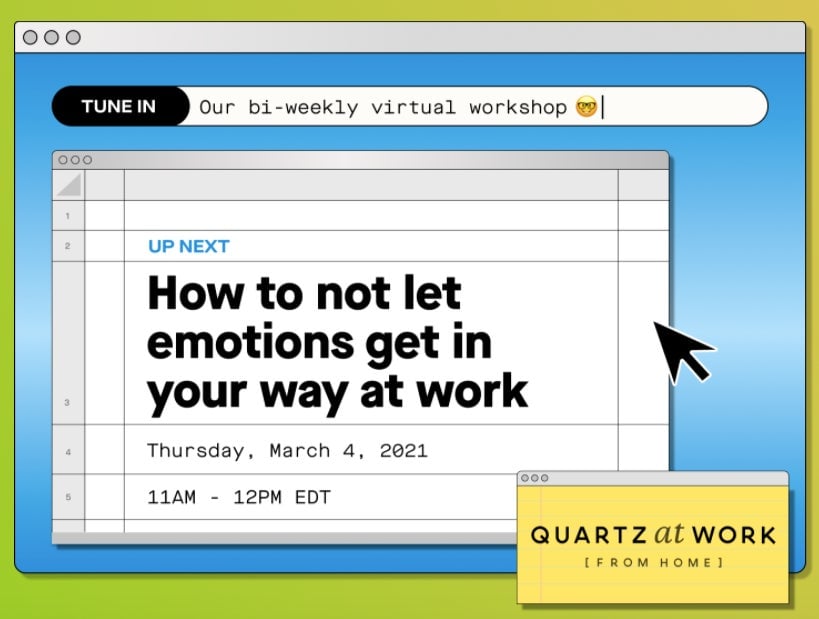
Join us this Thursday, March 4, at 11am US eastern time for a free, one-hour workshop featuring Melody Wilding, who specializes in coaching highly sensitive people. The author of the forthcoming book Trust Yourself: Stop Overthinking and Channel Your Emotions for Success at Work, Wilding will share practical advice on how to manage and embrace your emotions at work, and turn them into a strength instead of letting them get in your way.
30-second case study
Here’s a cautionary tale about how a practical solution can come across as tone deaf to a host of issues. In negotiations with the UK and Germany, the Philippine Department of Labor and Employment dangled an exemption from the 5,000-person annual limit on the number of Filipino healthcare professionals allowed to work abroad. In exchange, the government wants to secure 600,000 doses of the Covid-19 vaccine.
The doses will be reserved for nurses headed abroad and repatriated Filipino migrant workers who wish to return to their jobs overseas. Inoculating its migrant worker sector is a priority for the Philippines government, given that their remittances alone account for 11% of the country’s GDP.
Some welcomed the quid-pro-quo deal, but several workers’ rights groups denounced the inhumane terms of the arrangement. “We are disgusted that the government is treating us like commodities or export products,” the Filipino Nurses United argued. “These are two separate issues. If nurses want to work abroad, it’s well within their rights. Don’t use them as trading pawns. If we need vaccines, the government should go through the [procurement] process.”
The takeaway: Be aware of the emotional wallop of your communications, especially in matters that affect the core of people’s livelihoods. Could the controversy have been avoided altogether if Philippine government officials had bothered to explain how the deal would directly benefit its world-class medical corps? Securing a deal potentially protects the health of nurses and gives them a coveted “Covid-19 vaccine passport.”
Quartz field guide interlude: Untangling Jeff Bezos’s complicated legacy as a leader
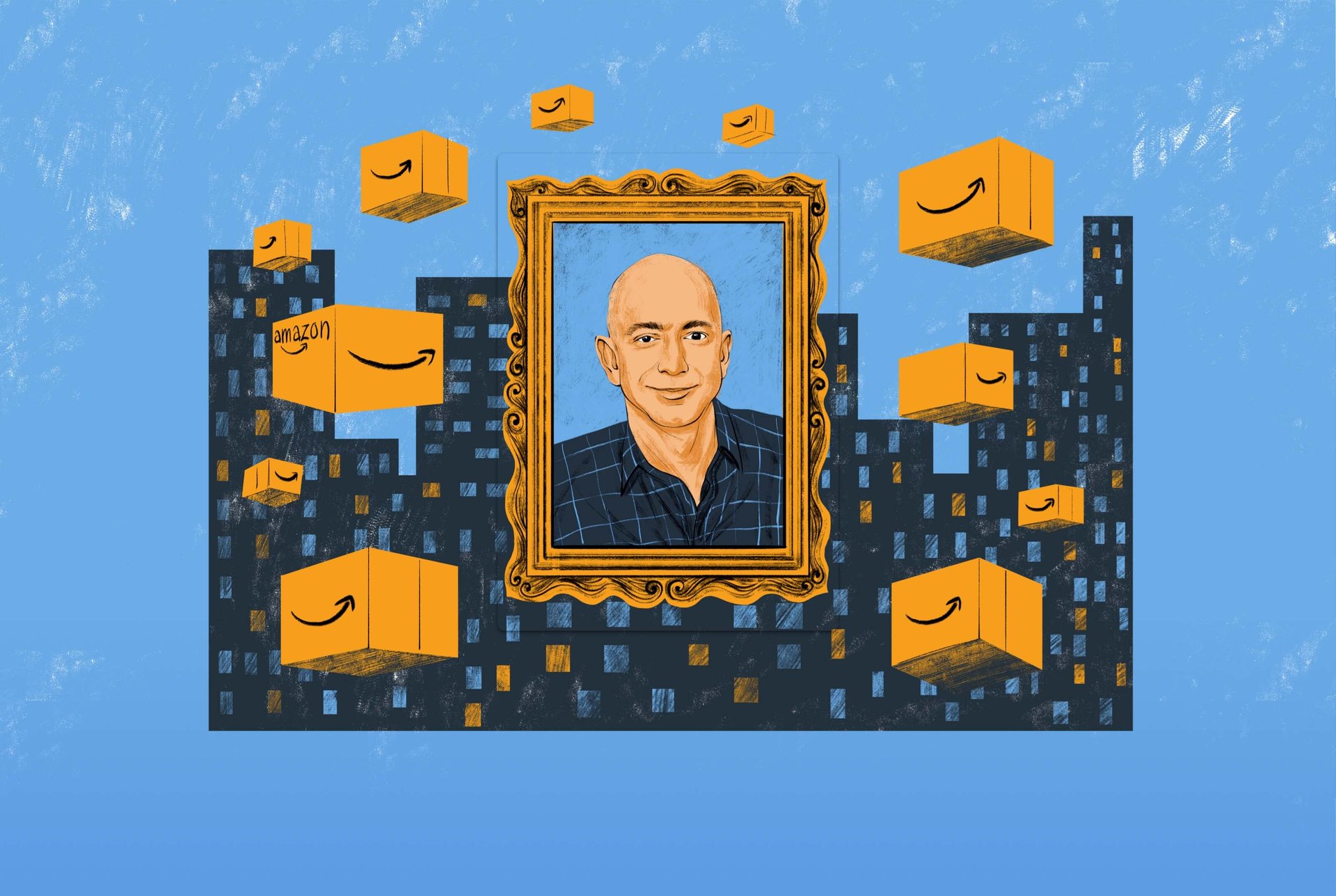
Nearly every year, when Jeff Bezos sends out his annual shareholder letter, he includes his first one, penned in 1997. Clearly, he sees it as a glimpse into Amazon’s fundamental philosophy. Reading it now, knowing where the company would go, a few big ideas emerge:
👸 Focus on the customer. This sounds simple, but in practice it means obsessing over your user interface, investing in customer service, and pioneering ways to make their experience better through technologies like one-click purchasing or algorithms that serve search results curated to their tastes.
🔭 Think long-term. For Bezos, that’s meant making what he calls some “unconventional” decisions, including not making money—Amazon famously lost money for 17 straight quarters—and investing in projects that could become moneymakers down the line.
💡 Never stop experimenting. Amazon valued its startup mindset long after it became a corporate heavyweight. That meant experimenting with new ideas and programs, jumping boldly (but strategically) into new industries, and ditching programs that weren’t pulling their weight.
Not yet a Quartz member? Sign up now for a 7-day free trial.
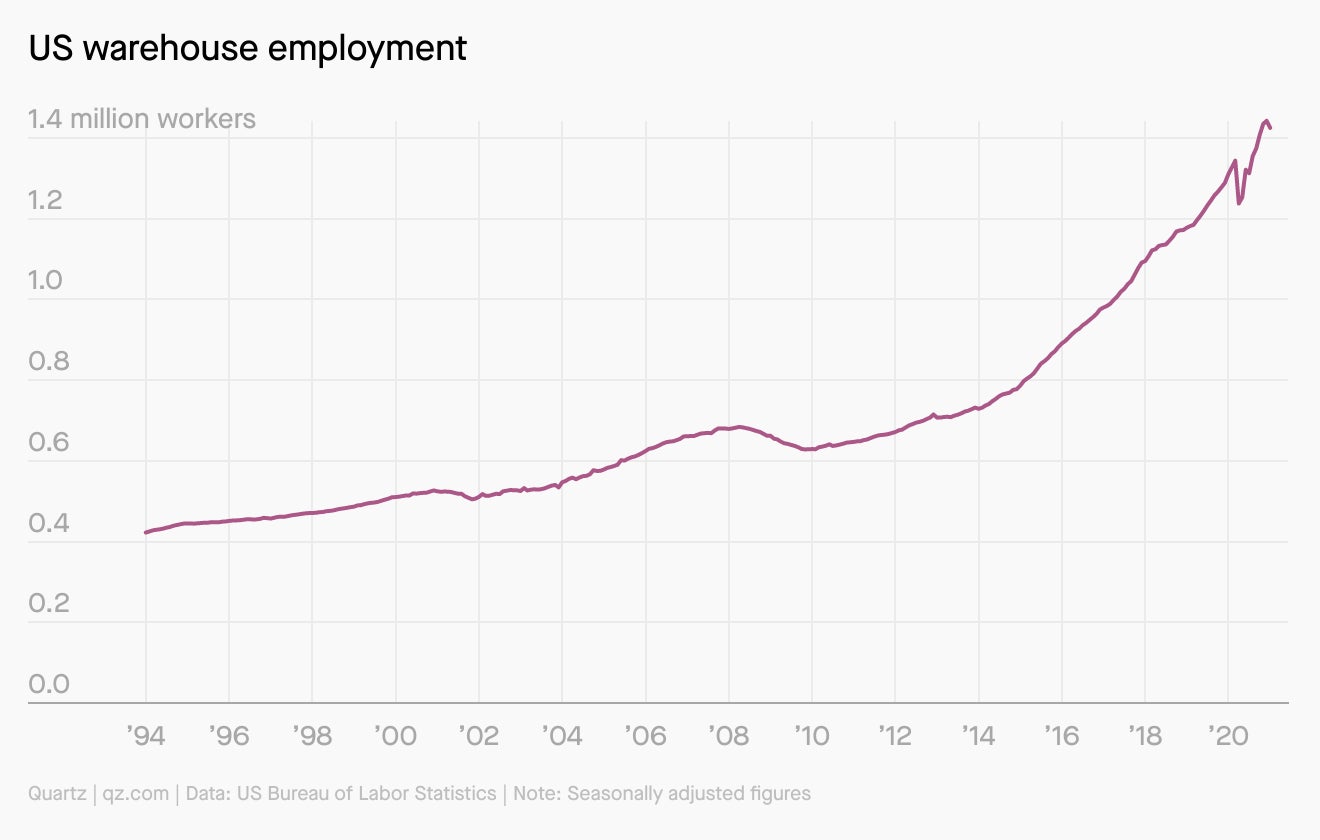
And it has helped to put more than half of America’s independent bookstores out of business.

Words of wisdom
“A lot of possibilities discussed in the West like remote learning or remote working are just not feasible in the developing world.”—Reuben Abraham, CEO, IDFC Foundation & IDFC Institute
Speaking at the Bloomberg CityLab 2021 conference, Abraham cited the lack of broadband connection in many parts of the world as a prime barrier. He noted that only about 2% of India’s workforce can do their jobs effectively from their homes.
Zoom life
The 2021 Golden Globes resembled a very long Zoom call with all the attendant meeting glitches we’ve come to know so well. Some celebrities took the cue and donned their favorite work-from-home loungewear.
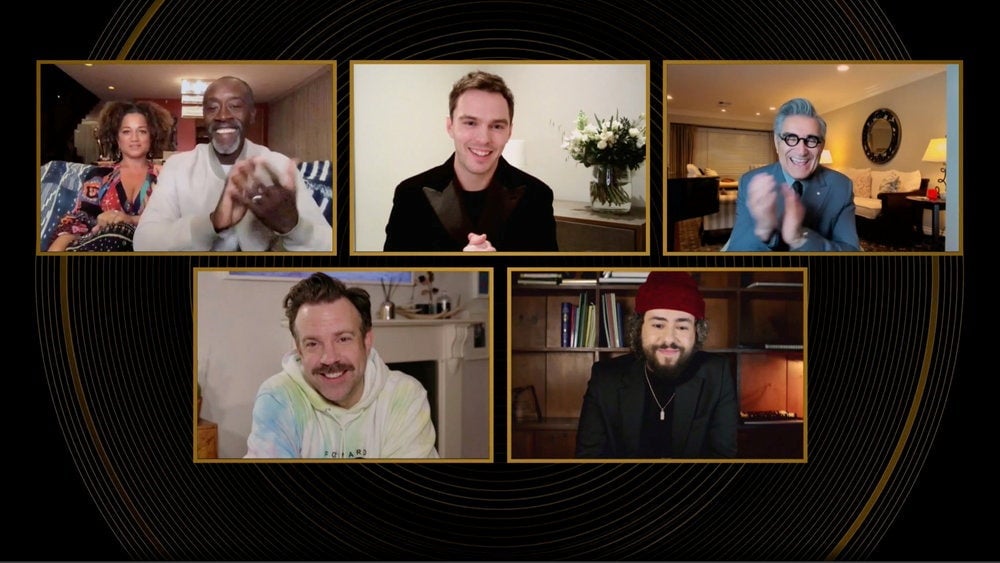
You got The Memo!
Our best wishes for a breakthrough week. Please send any pandemic wall hacks, Etsy finds, and Zoom meeting glitches to [email protected]. Get the most out of Quartz by downloading our app and becoming a member. This week’s edition of The Memo was produced by Anne Quito, Heather Landy, and David Yanofsky.